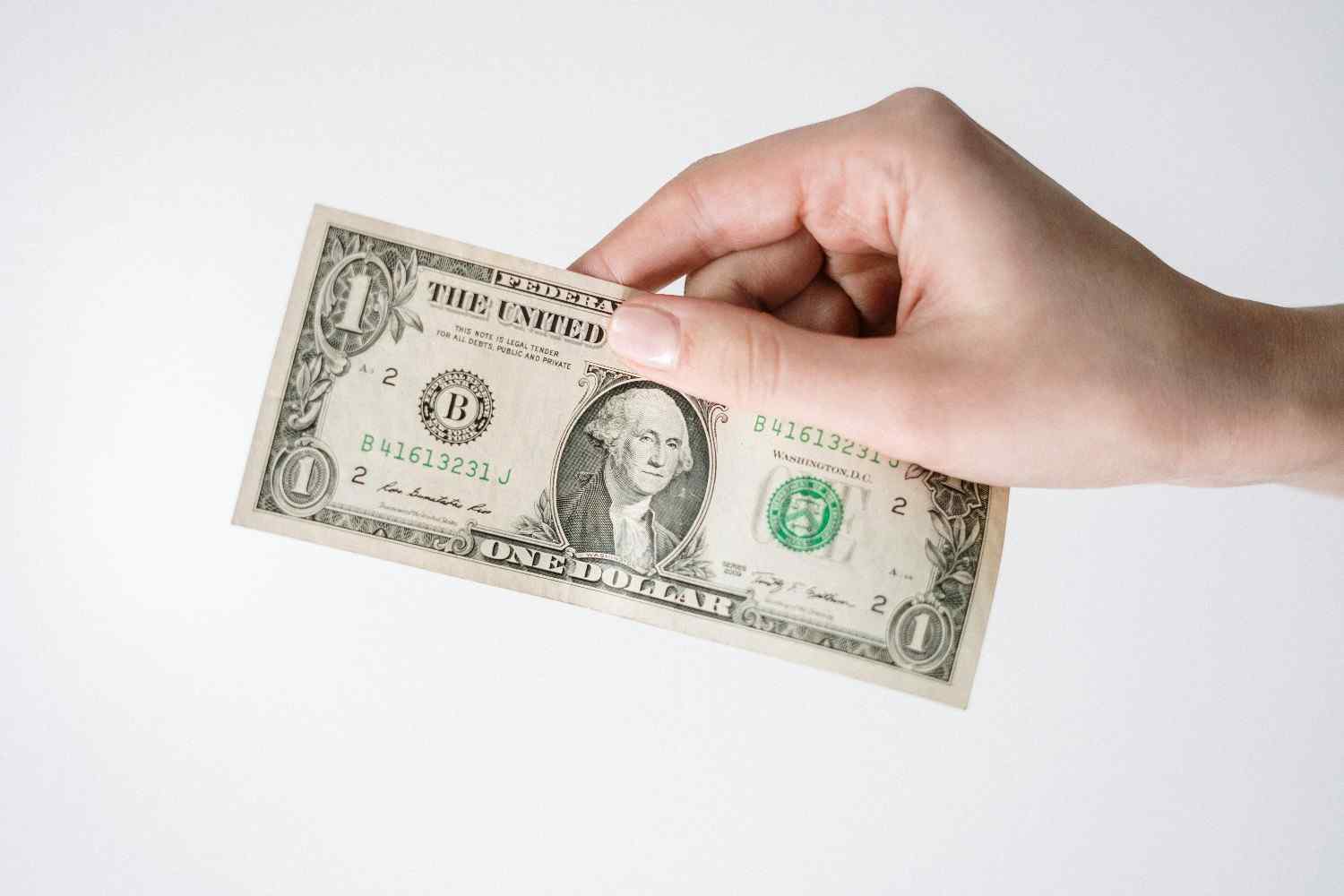
I've been helping people with phone verification issues for years now, and honestly, it's gotten way more complicated than it should be. Every platform seems to have its own weird rules about what numbers they'll accept, and nobody bothers explaining any of it clearly.
The frustrating part is that people waste so much time trying the same approach for everything. What works perfectly for signing up on Instagram will get you completely rejected by PayPal. And the error messages? Totally useless. "This number cannot be used" - thanks for nothing, right?
So I figured I'd put together everything I've learned about which verification methods actually work for each major platform. This stuff took me way too long to figure out, so hopefully it saves you some headaches.
PayPal - The Absolute Worst for Verification
Okay, let me just say this upfront - PayPal is a nightmare when it comes to phone number verification. I've probably helped 50+ people get their PayPal accounts verified, and it's always the same story. They try some free SMS number they found online, it doesn't work, they try five more, still nothing.
Here's what I've learned about PayPal the hard way:
They absolutely will not accept any VoIP numbers. Period. This includes Google Voice, Skype numbers, basically anything that's not a real cell phone number from a major carrier.
They also keep a massive database of numbers that have been used for multiple accounts or suspicious activity. So even if a number worked for someone else last month, it might be blocked now.
What actually works for PayPal:
- Your real personal cell phone
- Non-VoIP numbers from legitimate services like CodeBypass
- Numbers that haven't been burned by other users
The process is simple once you have the right number. Add it in your PayPal settings, they'll send you an SMS verification code within like 30 seconds, you enter it, done. The hard part is just making sure you're using a real carrier number.
I had one client who spent three weeks trying different free services before finally getting a proper non-VoIP number for PayPal. Worked on the first try. Three weeks of frustration for something that took 30 seconds with the right number.
WhatsApp Gets Pickier Every Year
WhatsApp verification used to be super easy - you could use pretty much any number and it would work. Not anymore. They've really cracked down, especially on business accounts.
I've noticed they're particularly strict about numbers that have been used for multiple WhatsApp accounts. Makes sense from their perspective - they're trying to stop spam and fake accounts.
What still works:
- Fresh temporary phone numbers from decent services
- Real US non-VoIP phone numbers
- Some VoIP numbers, but it's getting less reliable
What gets you in trouble:
- Numbers that have been recycled tons of times
- Obvious free temporary phone numbers from sketchy sites
- Numbers from countries where WhatsApp has major spam problems
I had someone contact me last month because their WhatsApp account got suspended two weeks after they verified it with a free number. Turns out the number had been used for spam accounts before they got it. WhatsApp eventually figured it out and banned them.
The key with WhatsApp is using a number that's clean - hasn't been associated with spam or multiple accounts. Quality temp phone number services work great for this.
Banking Apps Don't Mess Around
Cash App, Venmo, Zelle, all the banking apps - they're absolutely ruthless about verification. And they should be, there's real money involved.
I've never seen a free SMS verification service work with any banking app. Not once. They all maintain huge blacklists of VoIP numbers and recycled numbers.
Requirements for banking apps:
- Must be US phone verification if you're in the US
- Real carrier numbers only
- Numbers that haven't been flagged for any suspicious activity
The funny thing is, some people try to use the same disposable phone number for multiple banking apps. That's a sure way to get flagged. These apps talk to each other - if one flags a number as suspicious, the others know about it pretty quickly.
I always tell people, don't try to save money on banking app verification. Use a legitimate service like CodeBypass or just use your real number. The few bucks you save isn't worth getting your account frozen.
Social Media Is Hit or Miss
Instagram, Facebook, TikTok - they're generally more forgiving than financial apps, but they're definitely getting stricter.
Instagram is probably the most flexible. I've seen people successfully verify with all kinds of temporary phone number app services. But even they're starting to crack down on obvious fake accounts.
Facebook is weird because different parts of their platform have different rules. Regular Facebook accounts are pretty easy to verify, but Facebook Business accounts? Much pickier. They want legitimate numbers for business verification.
TikTok is still pretty relaxed compared to others. Most phone verification services work fine with them. But who knows how long that'll last - they're constantly changing their policies.
One thing I've noticed with social media - they're really focused on stopping bot accounts. So if you're using a number that's been associated with obvious automation or spam, you'll have problems.
Marketplace Apps Care About Scammer Prevention
OfferUp, Facebook Marketplace, Mercari - these apps are laser-focused on stopping scammers and fake seller accounts.
Getting a phone number for OfferUp that actually works long-term isn't just about verification. It's about not getting flagged as a potential scammer later.
I've seen people successfully verify with fake phone numbers only to have their listings constantly flagged or their accounts suspended a few weeks later. The platforms figure out something's not right.
What works for marketplace apps:
- Non-VoIP phone numbers from quality services
- Numbers that haven't been used by obvious scammer accounts
- US numbers if you're selling in the US
The key insight here is that verification is just the first step. These platforms are constantly monitoring for suspicious behavior, and using sketchy numbers is a red flag.
Crypto Exchanges Are Even Worse Than Banks
If you think banking apps are strict, try verifying a cryptocurrency exchange account. Coinbase, Binance, Kraken - they're all incredibly picky about phone number verification.
They have to be. Crypto transactions are irreversible, so if someone hacks your account, that money is gone forever. They can't afford to take risks.
Requirements for crypto exchanges:
- Real non-VoIP SMS verification only
- Numbers that match your identity documents
- Often the same number for ongoing two-factor authentication
I had someone ask me about using a temporary phone number for Coinbase. Don't even think about it. These exchanges verify everything - your ID, your address, your phone number. Everything has to match and be legitimate.
Plus, most crypto exchanges require ongoing SMS verification codes for withdrawals and important account changes. You need a number you can access long-term, not something that might disappear next week.
Google Services Are Confusing
Google drives me crazy because they're so inconsistent. Different Google services have completely different verification requirements.
Google Voice is probably the most ironic. It's a VoIP service, but to sign up for it, you need a real phone number. They won't accept other VoIP numbers. Go figure.
Gmail and regular Google accounts are usually pretty flexible for personal use. But Google Workspace accounts for businesses? Much more strict.
Google My Business is in a league of its own. They don't just do SMS verification - they also do phone calls to verify your business. And they're super strict about business legitimacy.
I've seen people try to use free text numbers for Google My Business verification. It never works. Google can spot fake business accounts from a mile away.
Dating Apps Fight Catfish and Bots
Dating apps have their own special challenges. They're trying to stop catfish accounts, bot accounts, people running multiple fake profiles.
Tinder, Bumble, Hinge - they're all getting stricter about phone verification. They've realized that requiring real phone numbers cuts down on fake profiles significantly.
What works for dating apps:
- Non-VoIP phone number services usually work great
- Some VoIP numbers still work
- Avoid numbers that scream "fake account"
The more exclusive dating apps like Raya are even pickier. They cross-reference everything - your phone number, your social media, your job. You can't fake your way onto those platforms.
I always tell people, if you're looking for something serious, just use a legitimate number. The whole point of these apps is meeting real people, so why start with a fake number?
What I've Learned After Years of This
After helping so many people with verification issues, here are the patterns I've noticed:
Platform importance matters. Financial apps and business verification require real numbers. Social media and casual stuff can work with temporary phone numbers.
Number history is crucial. A number that's been used for spam or suspicious activity will cause problems across multiple platforms.
Don't try to use one approach for everything. What works for Instagram will fail miserably for PayPal. Match your verification method to the platform.
Free services are false economy. The time you waste trying to get free SMS verification working usually costs more than just paying for a legitimate service.
Common Mistakes I See All the Time
Using the same number everywhere. Platforms notice when numbers are used across multiple services. It looks suspicious.
Trying free services for important accounts. Just don't. I've never seen it work reliably for anything that matters.
Not researching platform requirements. Five minutes of research can save hours of frustration.
Using international numbers for US services. Most US platforms want USA phone verification for US accounts.
My Recommendations Based on Account Type
Critical accounts (banking, business, main email): Use your real number or get a premium non-VoIP phone number service. Don't take risks with important stuff.
Secondary accounts (social media, shopping): Quality temporary phone number services work great. Just avoid the obviously sketchy free ones.
Testing or throwaway accounts: Free services might work, but don't expect reliability. You get what you pay for.
The Technology Behind Why Some Services Work Better
The difference really comes down to number quality and how they're managed. Services like CodeBypass provide real carrier numbers that haven't been burned by thousands of users.
Free services recycle numbers constantly. By the time you get a free SMS number, it's probably already been flagged by major platforms.
Quality services also have better infrastructure. SMS verification codes arrive within seconds instead of minutes (if they arrive at all with free services).
Troubleshooting When Things Go Wrong
Code not showing up? The number might be blacklisted. Try a different one.
Number gets rejected immediately? Platform has it in their blocked database. This is common with recycled numbers.
Code arrives but doesn't work? Someone else might be using the same number simultaneously. This happens with free services all the time.
Account gets suspended later? Platform figured out you used a suspicious number. This is why number quality matters long-term.
The Reality of Modern Verification
Here's the thing nobody wants to admit - verification is getting harder, not easier. Platforms are under huge pressure to stop fraud, spam, and fake accounts. They're constantly tightening their requirements.
What worked last year might not work today. What works for one platform definitely won't work for another. And the error messages are usually useless, so you're left guessing what went wrong.
The smart approach is understanding what each platform actually requires and using the right tool for each job. Don't try to find one solution that works everywhere - it doesn't exist.
Important accounts get real numbers. Casual stuff can use quality temporary phone number services. And free options are only worth trying if you're okay with failure and frustration.
The few dollars you spend on legitimate phone number verification services will save you hours of troubleshooting and frustration. Trust me on this one.
Tired of verification failures? CodeBypass.com provides real US carrier numbers that work across all platforms. Starting at $0.36 per verification - reliable results every time.



